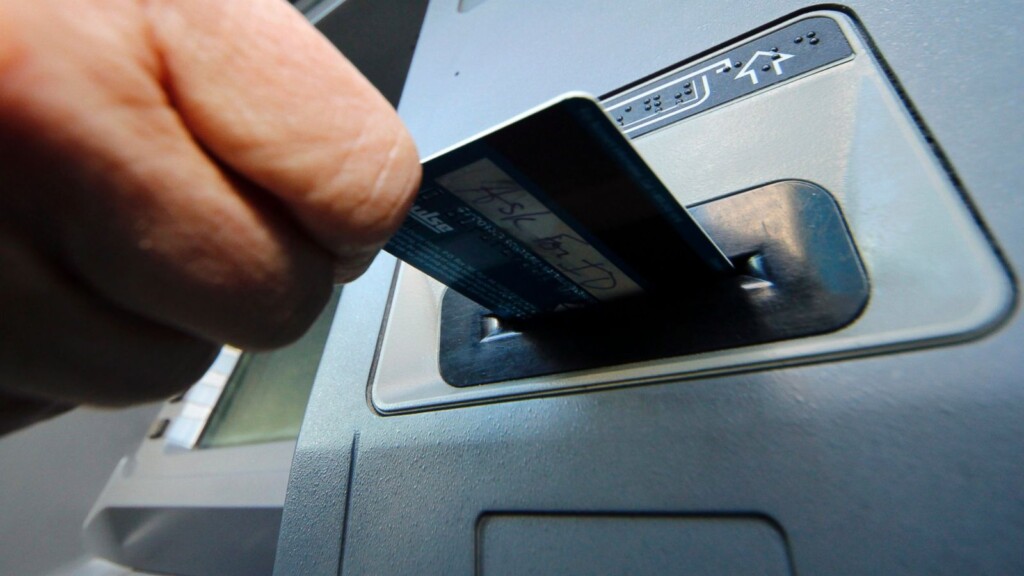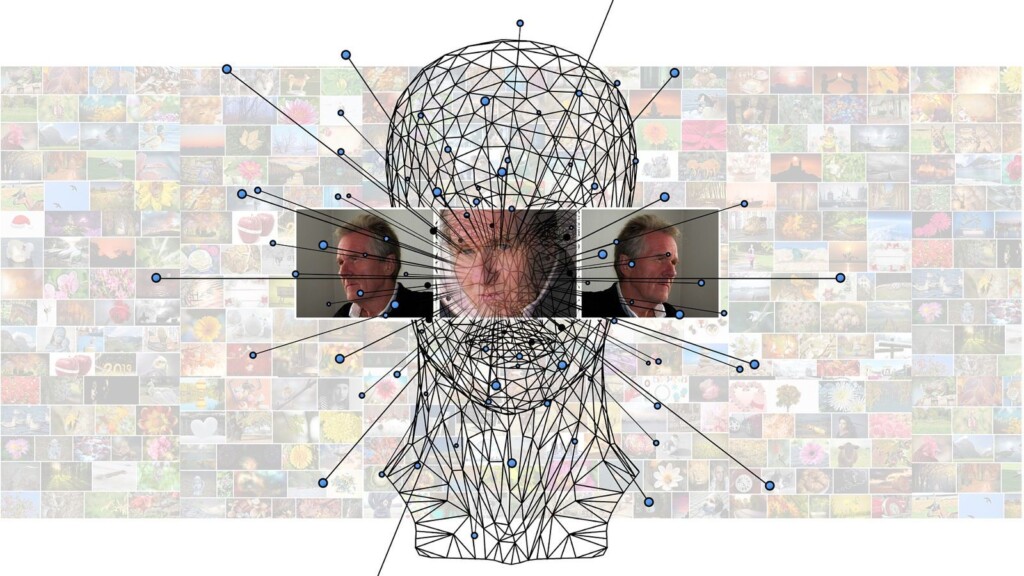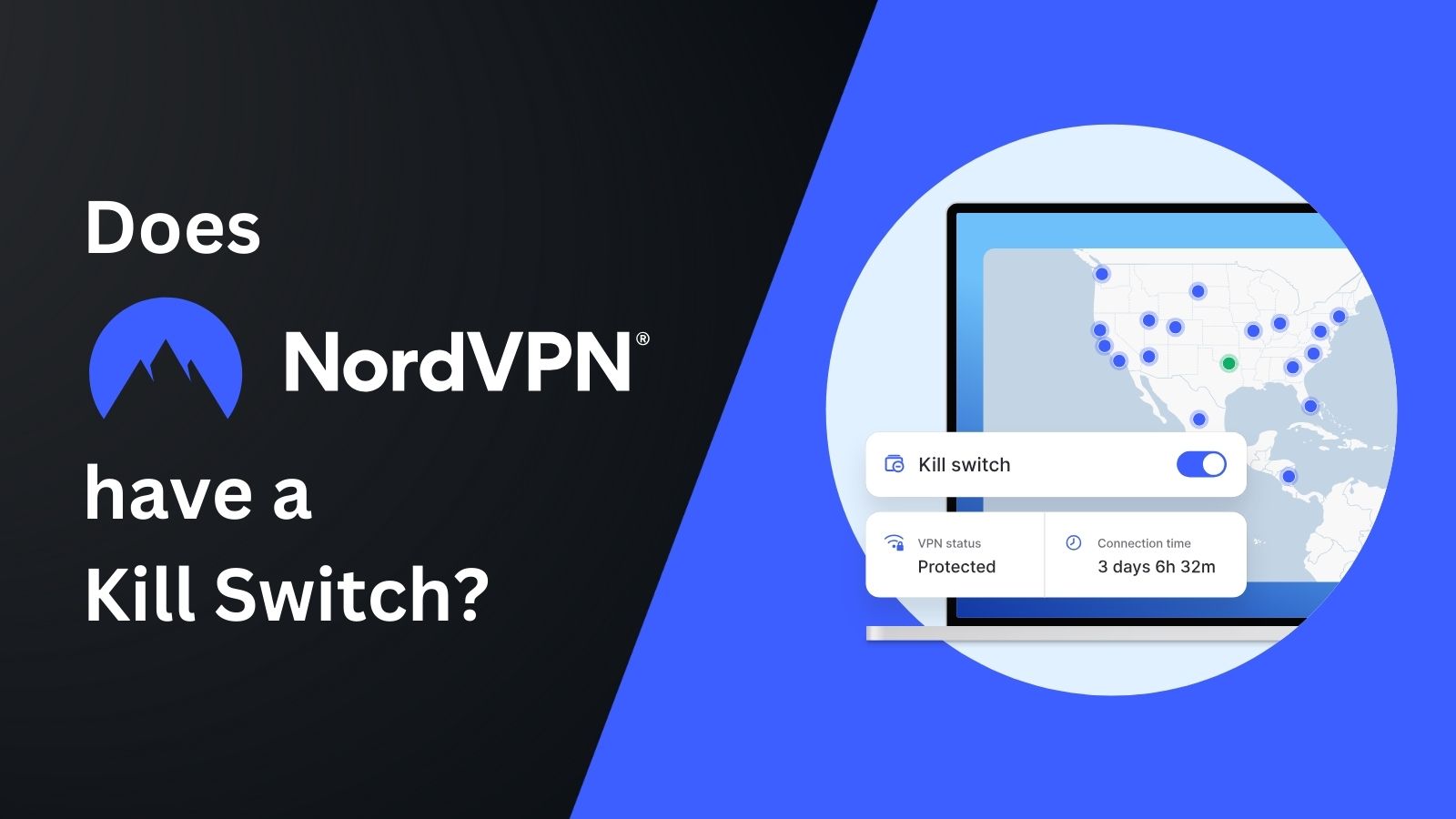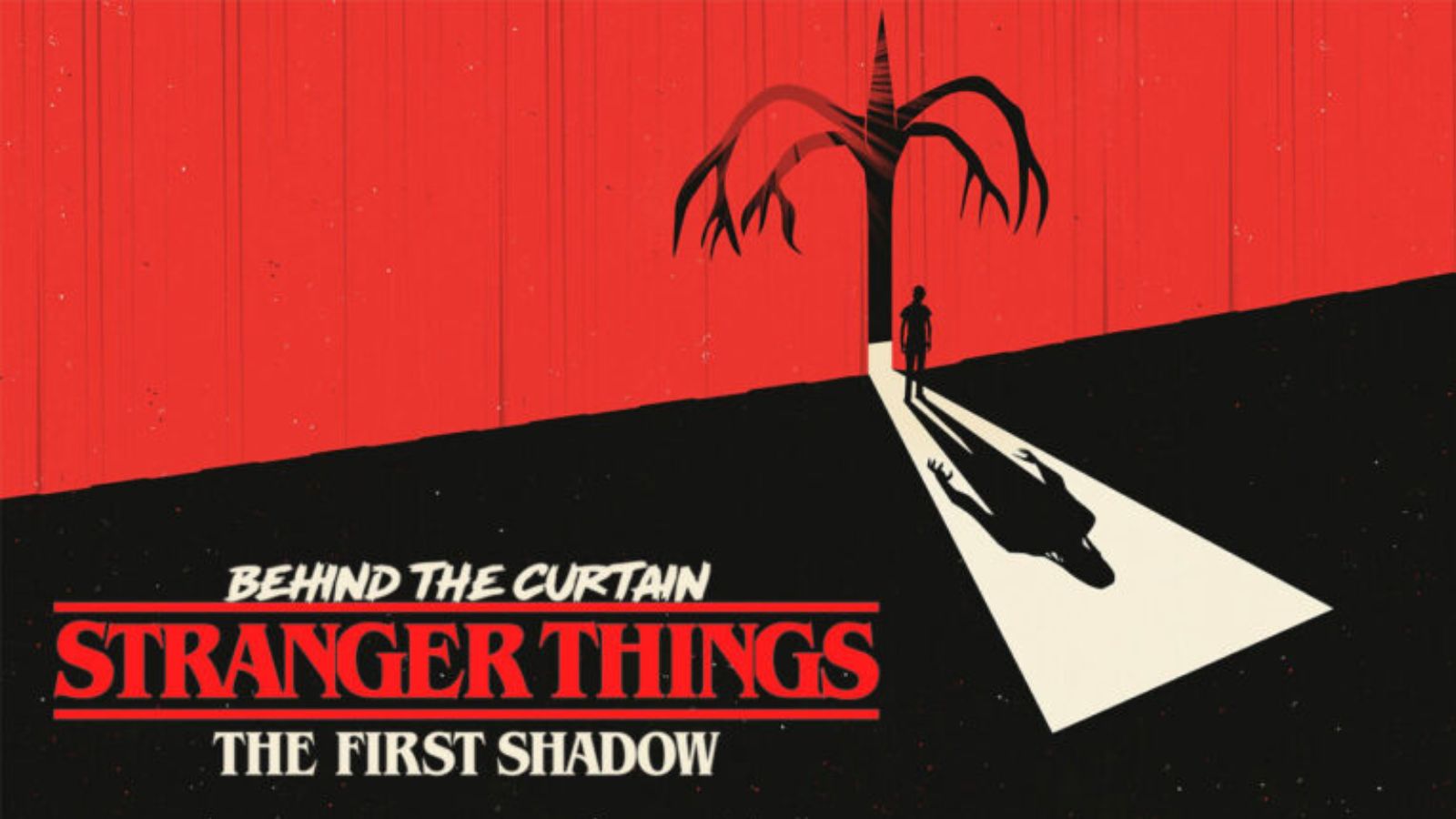
What is Fintech and Why Should You Care?
You keep seeing the word “fintech” in the news. Your annoying family member won’t shut up about it and it seems there’s a new article about how “fintech” is going to change the world. Yet, no one really stops to explain what the heck fintech is in the first place.
Understanding the Term “Fintech”
Image Courtesy of ABC News
The word itself is pretty simple to understand. It’s simply a merging of “financial” and “technology”. While that IS simple, it’s not particularly useful in understanding what people mean when they use the word “fintech”.
The general definition of fintech is pretty broad. Any technology that’s used to provide a financial service is, strictly speaking, fintech. Although this includes some pretty boring stuff that was already around when most of the people reading this were born.
When the word Fintech is used in modern parlance, however, the person saying it generally means new technologies that help automate or otherwise improve financial services. Especially ones that are disruptive and look like they’ll make anyone who invests in them a fortune.
What is a Financial Service?
Let’s stop for a second and talk about what financial services are. This is important because in general the financial services industry is regulated. To become a financial service provider, you usually have to register as one and adhere to the requirements of the regulations that control financial services.
Your bank is a financial services provider. A bank account is a financial service. Drawing money at an ATM is also a financial services, Digital transfers and payments, loans, credit cards and anything else that helps you manage your finances are all financial services.
Any technology that makes it easier to work with money or lets us do new things with money, falls under that broad umbrella of fintech.
What Digital Banking Has Done for Us
By now, most people are either completely or mainly users of digital banking. You probably almost never need to physically go to a bank branch either. Loans can often be made through a smartphone applications and credit approvals are automated, using algorithms.
Before the advent of these digital conveniences, working with your money took a lot of time and effort. You couldn’t even know what your bank balance was without going to a branch and making an inquiry.
Providing banking services was also pretty expensive. After all, it required lots of human employees and plenty of paper.
The embrace of digital Fintech has made working with money faster and cheaper. It has opened up opportunities and boosted economies over the world. So it’s no surprise that everyone is eager to invent the next big thing in financial technology.
Radical New Financial Technologies
I bet you probably didn’t click on this article with the idea that you’d be told about your banking app or any of the other fintech examples you already use every day. Who would be excited about that? Well, someone was at one point. Rightly so, I might add. However, Fintech is a hot subject today about the emergent technologies. Which might change the way we think about and use money entirely. Let’s look at some of the most important examples.
Cryptocurrency and the Blockchain
Cryptocurrencies are undoubtedly something you have heard about before. At the very least you’ve heard the name “Bitcoin”, which is the first true cryptocurrency. Its core technology is the “blockchain” which is a decentralized, transparent and immutable digital ledger. Solving the trust issues inherent in decentralized systems.
Cryptocurrency was invented with the idea that we could decentralize money itself. It’s built on strong cryptographic principles that mean no one owns it. No one is in control. That’s the complete opposite of how the entire central banking system we all use works. Understandably, many governments are pretty nervous about cryptocurrency, but it's still Fintech. Perhaps an extremely maverick type of Fintech, but it counts!
Centralized Digital Cash
The idea behind cryptocurrencies like Bitcoin is to create the digital equivalent of gold or paper money. You don't need a central authority to keep track of it all or to keep transactions honest.
However, that doesn't mean the decentralized approach isn't a useful one. In a world where cash is becoming more and more scarce, there's a need for digital money to be passed around in the way we would have done with small amounts of cash.
Tap-and-pay systems using RFID cards or contactless payments with devices like smartphones or smartwatches take care of that. We can easily give money to retailers who are set up to be paid this way. But what about your friend who wants to split the dinner bill? What about the valet who needs a tip? That's where centralized social money platforms come in. Venmo is probably the best-known example of this sort of service. It makes it easy to quickly and cheaply move digital money from your own account to someone else's. There are also other takes on this idea. Such as digital wallets, where the bearer has access to the funds or the funds reside digitally on a device but will be lost if the device is lost.
This is still an early part of the fintech umbrella, but as time goes by I expect the act of giving money in small amounts to other individuals will become pretty slick, although it may eliminate the informal (and largely untaxed) economy.
Initial Coin Offerings
This is actually an offshoot of cryptocurrency and provides a way for companies and startups to quickly raise money outside of formal funding avenues.
They create “tokens” which are built on the same blockchain technology as cryptocurrency. These tokens can either represent something, such a future product or service or act as a sort of digital share. It can entitle the holder to voting rights, dividends and so on..
ICOs have proven incredibly popular as a way to raise money outside of the traditional methods. It's more than crowdfunding and in some countries they are seen, legally, as a form of security. This means that some people have fallen foul of organizations such as the Securities & Exchange Commission.
ICOs have also opened up many new avenues for fraud and scams as well. The most notorious of these has to be the "exit scam", which involves taking a lot of money from people and then just disappearing with it.
Crowdfunding
This is probably another one most people have heard of, but didn’t know fell under the Fintech umbrella. Crowdfunding is a funding model that makes use of the network effect the internet makes possible.
If you needed a million dollars for something in the past, you had to go to an investor or financial institution. Both of these entities hold on to large amounts of other people’s money. They then decide to dole that money out to people who need it for various reasons. If they think your reason is bad or think you won’t be able to pay the money back, you’re out of luck.
Crowdfunding basically flips the script. Instead of getting a million bucks from one big entity that represents everyone, you get one dollar from a million people directly.
The crowdfunding platform, such as Kickstarter, facilitates this, but it’s up to you to convince the masses to part with their small amounts of cash. Crowdfunding has lead to some pretty amazing products and projects happening that no formal investors wanted to touch. It’s provided an entirely new relationship between entrepreneurs and capital. It’s also changed the way people do charity. Some platforms, such as GoFundMe, allow funding for things such as medical bills. The platforms take a small percentage of the total, but that’s still incredibly lucrative. Since it cuts out so many middlemen, just about everyone benefits, but of course it has opened up scope for abuse as well.
AI Stock Traders
When you think of the stock market, it probably still involves images of people in suits yelling into phones and frantically trying to figure out what to sell and what to buy. The reality is however much different that this old-school Wolf of Wall Street idea.
For one thing, you can trade stocks yourself from anywhere in the world with an internet connection,but soon it might be weird to make any trading decisions yourself. Instead, machine learning algorithms compete with each other at lightning pace. These AI trading algorithms already generate millions of dollars on a daily basis. When they work properly. They can also lose money just as quickly since the real world never entirely matches up to the real world. It's also worth keeping in mind that, as the stock market gets automated, the algorithms themselves have to adapt to other artificial traders like themselves.
Of course, at present, there's a human being behind every trading algorithm. So, in the end, the competition now is about who can craft smarter software. It's a fintech force multiplier that can free you from having to watch the markets yourself. Instead, your strategy can be executed automatically.
Robo-advisors
If you are sitting on a pile of money that you would like to grow into an even larger pile of money, your best bet is to invest it into something profitable. If you can afford it, this usually means paying a licensed, expert investment manager to put your money into places where it will return a profit.
Robo-advisors are changing this, letting you put money into an investment managed by software. Not only is this much cheaper, it also gives you complete and transparent control over what happens to your money. In an ideal world, the robo-advisor will apply sound theory and good monitoring to your money. So it will grow without the expensive (and potential dishonesty) of a human fund manager.
Automated Budgeting
How many of you budget? It's something I have done for years, to make sure ends meet at the end of the month. It involves several spreadsheets and quite a bit of my time, but it's worth it in the end. However, most people (understandably) don't budget very well. It's an acquired skill, but with the advent of automated budgeting, you may never need to learn it. These applications ask you questions about your needs and income level. They then automatically track your spending and bills. Allowing you to know whether you can afford something or warn you if you are heading for problems.
Gig Economy Platforms
Image Courtesy of Crains New York
The world of work is changing in fundamental ways. The traditional work-till-you-die model is definitely obsolete. Uber, Upwork and every other gig economy platform are making it possible for people to earn money and get services dynamically. Without the need for replicated infrastructure. This is revolutionizing the economy, removing the distance between talent and business and painting a picture of what all knowledge work might look like one day. The platforms themselves are making a pretty penny, taking commissions from these transactions that still work out cheaper than a decentralized, replicated system.
Investing in Fintech
Great fintech ideas make their investors a lot of money. If something you back revolutionizes money itself, then the dividends can be astronomical. However, the truth is that the vast majority of tech ideas go nowhere. It's just that, as humans, we remember the ones who made it big. While forgetting all the competitors who tried and failed. Of course, this blind optimisms is necessary in order to make things better for all of us. That doesn't mean it should be your time and money that's lost to the cause.
If you come across a fintech-related investment opportunity it's very important not to let the hype influence your decision making. Never invest in anything, fintech or otherwise, that you don't completely understand. You have to know why it's revolutionary and how it generates value for investors.
Fintech and New Cybercrimes
Criminals have to adapt to new developments in the world. In the past, robbing a bank involved getting a few buddies with masks and guns and going for it with a vengeance. These days, financial crimes are pulled off by people sipping coffee at their laptops.
Fintech creates new targets for these people. Inevitable they need to go where the money is and the money is becoming all-digital. It moves around as ones and zeroes. So we are seeing new scams, that work on the idea that a lot of fintech is new. Which means excitable members of the public won't be able to tell its a scam. It also means that hackers have plenty of juice new targets. Since some of these fintech systems are new concepts, their security is still developing their best practices. So there's sure to be an especially vulnerable period at the outset.
The Future of Fintech
There's no doubt that the future of money is digital. It's hard to imagine the world going back to the slow, painful and expensive era of analog money. Barring a nuclear war, solar flares or some other technological catastrophe, the only way forward is more digital. So expect money to become an even more abstract concept as time goes by. Perhaps until the very idea of money itself becomes obsolete.
Yes, there's a very real possibility that the 4th Industrial Revolution and its consequences may eventually lead to a post-money world. As automation becomes virtually universal and humans don't need to work in order to produce things, the very fintech technologies might now be used to disseminate the automation dividends. It's going to be pretty exciting to see how it all turns out!
What fintech excited you? Let us know down below in the comments. Lastly, we’d like to ask you to share this article online. And don’t forget that you can follow TechNadu on Facebook and Twitter. Thanks!




















